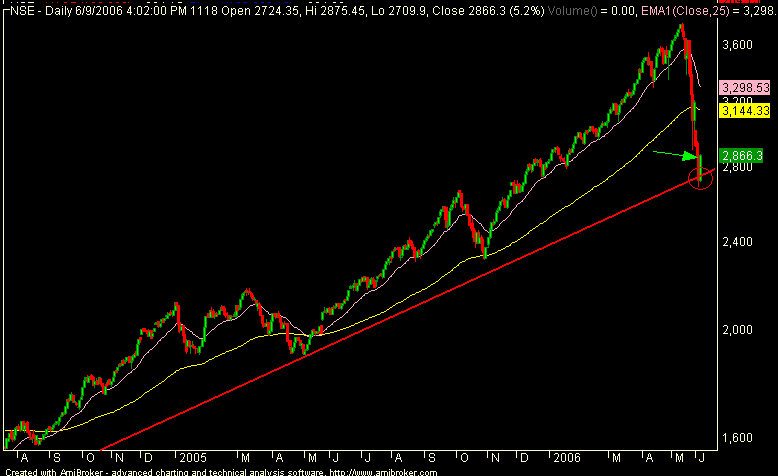
A friend of mine used to have a dog-training business. Occasionally a
prospective client would call her and say, “I want to train my dog to
come when called, but I do not want to train it to sit or lie down.” And
she’d answer, “Training a dog to come off-leash is one of the hardest
things to teach; you must do a lot of obedience training first. What
you’re saying sounds like, ‘I want my dog be a neurosurgeon, but I do
not want it to go to high school.’”
Many new traders expect to sit in front of their screens and make
easy money day-trading. They skip high school and head straight for
neurosurgery.
Discipline is necessary for success in most endeavors, but especially
in the markets because they have no external controls. You have to
watch yourself because no one else will, except for the margin clerk.
You may put on the stupidest and self-destructive trades, but as long as
you have enough money in your account, no one will stop you. No one
will say hold on, wait, think what you’re doing! Your broker will repeat
your order to confirm he got it right. Once your order hits the market,
other traders will scramble for the privilege of taking your money.
Most fields of human endeavor have rules, yardsticks, and professional
bodies to enforce discipline. No matter how independent you
feel, there is always some agency looking over your shoulder. If a doctor
in private practice starts writing too many prescriptions for painkillers,
he’ll soon hear from the health department. Markets impose no
restrictions, as long as you have enough equity. Adding to losing positions
is similar to overprescribing narcotics, but nobody will stop you.
As a matter of fact, other market participants want you to be undisci-
plined and impulsive. That makes it easier for them to get your money.
Your defense against self-destructiveness is discipline. You have to set
up your own rules and follow them in order to prevent self-sabotage.
courtesy:-come into my trading room



